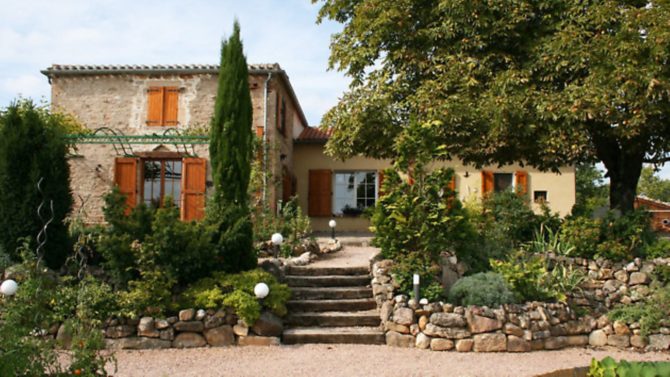Tax payable on a second home in France

The French tax system can be confusing for expats, so we asked a tax expert to explain the taxes you will have to pay on a second home in France
Both residents and non-residents pay annual property taxes (taxe d’habitation and taxe foncière) on French property.
1. TAXE D’HABITATION
The taxe d’habitation is based on the notional rental value for the property, multiplied by the tax rate fixed in the locality. It is paid by the household, which has the use of the property on 1 January in the year, and is not apportioned if they later move. So, it is paid by the tenant if you let the property and they occupy it on 1 January; other than for very short-term rentals such as holiday/gîte lettings. Otherwise the owner pays it. Various deductions are available if the property is your main home, but if the property is your holiday home, you are not eligible for these deductions.
2. TAXE FONCIÈRE
The taxe foncière is always paid by whoever owns the property on 1 January of the relevant year, irrespective of who occupies it, and there are no special reliefs for the main home. If you sell the property part-way through the year, then the tax will be apportioned accordingly by the notairedealing with the sale. The tax is divided into two parts: tax on the buildings (taxe foncière sur les propriétés bâties) and tax on the land (taxe foncière sur les propriétés non bâties). The tax is collected by the normal local tax office.
Therefore, if you do not let out your property at all, you will be personally liable to pay the full amount of both the taxes. The combined total of these taxes depends a great deal on the area. A demand for payment is sent each year, and failure to pay by the specified date incurs a 10% or 40% penalty.
Rob Kay, Blevins Franks www.blevinsfranks.comFor more information on the French taxation system read our Guide to French taxes and 10 tax planning tips
Share to: Facebook Twitter LinkedIn Email


